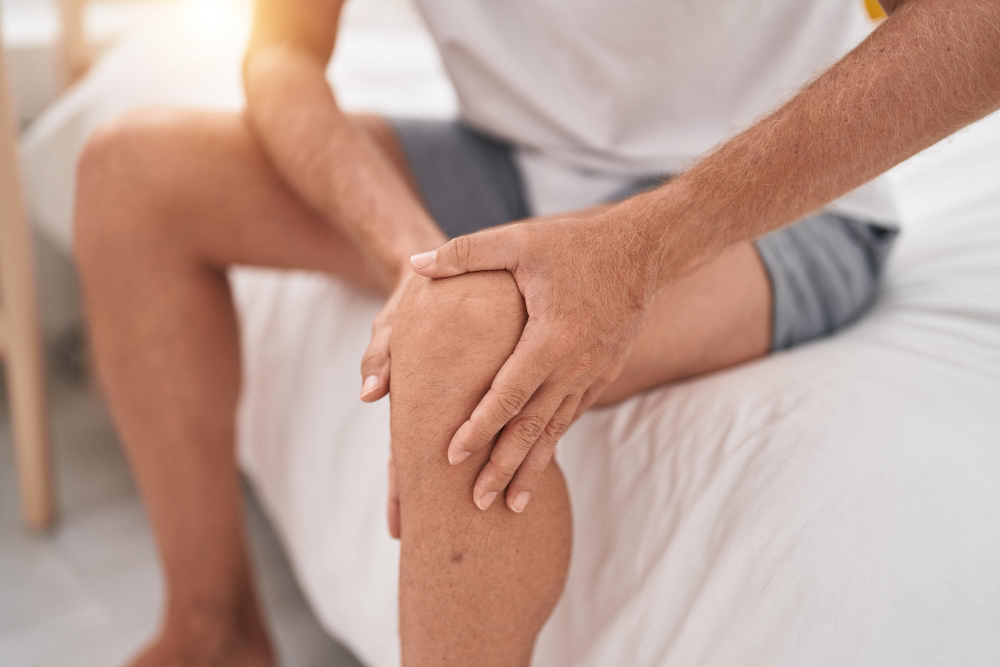Expanded Placental Mesenchymal Stem Cells (PMSCs) and Tissue Regeneration:
Placental Mesenchymal Stem Cells are derived from the placenta, a rich source of stem cells. These cells are carefully expanded in the laboratory to increase their numbers and potency. PMSCs have the unique ability to differentiate into various cell types, including cartilage cells (chondrocytes), making them an ideal candidate for promoting tissue repair and regeneration in the injured meniscus.
Cartilage Regeneration and Healing:
When injected into the site of the meniscus tear, PMSCs can stimulate the body’s natural healing processes. PMSCs have the ability to differentiate into chondrocytes and release growth factors that promote cartilage regeneration. This can potentially lead to improved structural integrity and function of the meniscus, reducing pain and enhancing knee mobility.
Reduction of Inflammation:
Meniscus tears often lead to inflammation in the knee joint, which can exacerbate pain and hinder the healing process. PMSCs possess anti-inflammatory properties, which can help reduce inflammation in the injured area. By modulating the immune response, PMSC therapy creates a more favorable environment for meniscus repair and may minimize secondary tissue damage.
Improved Knee Function:
Meniscus tears can significantly impact knee function and overall mobility. PMSC therapy offers the potential for improved knee function as the damaged meniscus heals and regenerates. Patients may experience reduced pain and enhanced knee stability, allowing them to resume daily activities with greater ease.
Non-Invasive Treatment Approach:
PMSC therapy is a procedure with minimal invasiveness, typically performed by injecting PMSCs through joint infiltration under the guidance of ultrasound and an orthopedic surgeon. This approach reduces the risk of complications and ensures a more comfortable experience for patients, avoiding the necessity for invasive surgery.
Personalized Treatment Approach:
At Regenamex, we believe in providing personalized care for every patient. The Expanded Placental Mesenchymal Stem Cells used in our treatments are sourced from carefully screened and ethically obtained placentas. The treatment plan is customized to suit the specific needs of each individual, ensuring the most effective and tailored care possible.
Conclusion:
The use of Expanded Placental Mesenchymal Stem Cells for meniscus tears represents a promising advancement in regenerative medicine. At Regenamex, we are dedicated to advancing research and application of PMSC therapy to offer hope and potential improvement for patients with meniscus tears. By leveraging the regenerative properties of PMSCs to enhance cartilage repair and reduce inflammation, we aim to provide accelerated meniscus healing, reduced pain, and potentially improved knee function. Our experienced medical team is committed to delivering personalized and innovative care, bringing hope and healing to those seeking effective treatment for meniscus tears.


